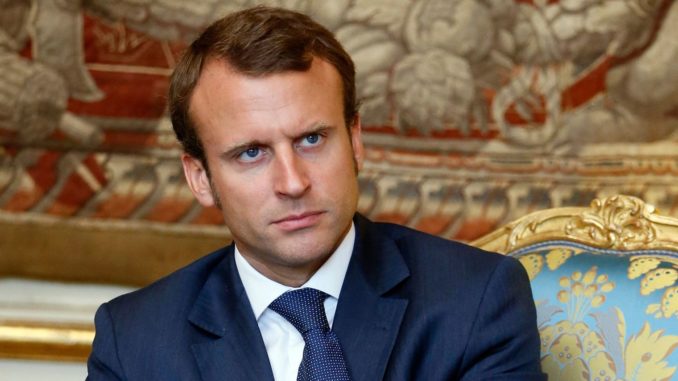
The June 18th elections for Parliament has provided France with a Kennedy moment, a young president now backed by a strong majority of 308 among the 577 deputies in the National Assembly, the lower house of the French Parliament. Elections for the upper house – the Senate – will be held in September. In practice, it is the National Assembly which has more power of initiative.
Somewhat like the election of John F. Kennedy after the rather dull Eisenhower years, Emmanuel Macron takes over after the relative stagnation of five years of Francois Holland. Moreover, Holland was not a war hero, the sort of fame which made many forgive the hours that Eisenhower spent on the golf course.
Expectations are high that Macron will begin a cycle of reform and innovation. As Macron is an economist by training and experience, it is on economic issues, especially structural unemployment that people have the highest expectations for speedy action.
The members of the National Assembly reflect the optimistic expectations. The majority are members of the new political party created by Macron, La République en Marche (Forward, the Republic). The deputies are younger, with more women (224) and with a broader professional base than the outgoing parliament. There are fewer lawyers and more people from the start-up economic sector than in the past, a reflection of those who are making it.
Macron has been able to draw toward him a younger educated elite that found the traditional political parties too dogmatic and unchanging. As a result, he has built support among people who were active in non-governmental associations and ecology movements. Macron is a pragmatist and has been able to gain support from a relatively wide sector of people who before considered themselves as members of the “Left” or the “Right,” but who in reality had little fixed ideology.
Will Macron be able to improve the lives of people quickly enough to meet these expectations of hope? The European Union now has so integrated economies and created standards and regulations that one can no longer speak of a national economy. Europe has to move ahead as a whole, and this is a difficult task. Macron has made symbolic gestures to strengthen a French-German partnership that might serve as a motor for the European Union, especially now that England is in the process of leaving.
For the moment, Macron has a relatively free hand to make proposals to be enacted into law by the National Assembly. There are also possibilities of action by presidential decrees. There is likely to be relatively little structured opposition in the National Assembly. The far right, Front Nationale has eight members and the far left, France Insoumise sixteen and the Communist Party ten. All the others, Socialists and Center-Right, are likely to support some legislation and oppose other measures, but they will have little room to make real alternative propositions.
Macron will also have to deal creatively with the impact of the world society. The issues of refugees and migrants to Europe as well as the continuing armed conflicts in the wider Middle East are ever present. Few in the new parliament have international experience. Views on migration and the Middle East are rarely fixed along political party lines. As the “party of hope” gets underway, we will have to see if reforms and initiatives can take shape.
Rene Wadlow is the President of the Association of World Citizens.
